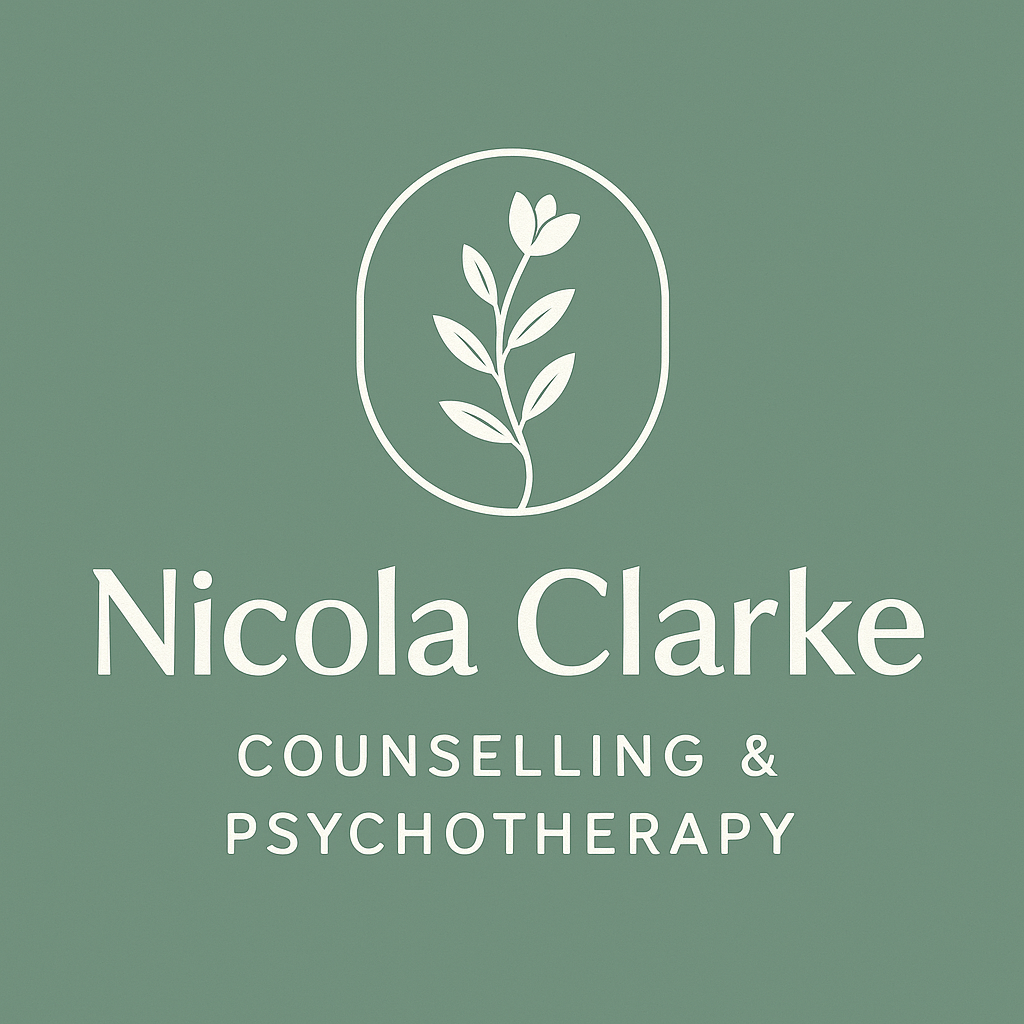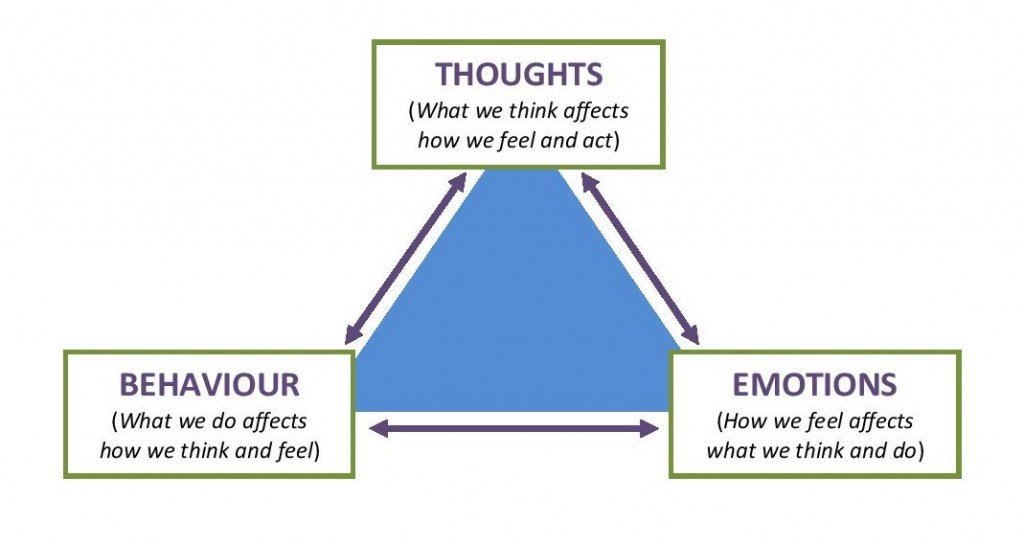Why Counselling
My Approach
I practice as a trauma informed Integrative Counsellor, drawing from various therapeutic approaches to tailor support to your unique needs and experiences. Therapy is not a one-size-fits-all process, as everyone brings their own story, challenges, and aspirations. My role is to walk alongside you, offering a space that is safe, confidential, and free of judgement.
While therapeutic techniques provide structure, I believe the most effective counselling comes from the relationship we build together, one founded on trust, understanding, and meaningful engagement. Through deep listening and thoughtful reflection, I help you explore your emotions, untangle complex thoughts, and reconnect with your inner strength.
Whether you’re working through past experiences, navigating a period of transition, or seeking clarity and healing, I provide a compassionate and supportive space where you can process, grow, and move forward at a pace that feels right for you.


Creative Counselling
– Finding Expression Beyond Words
Not all healing begins with conversation. Sometimes, words are not enough when we’re navigating deep emotions or life experiences that feel too complex, too tangled or simply too painful to name, this is where creative counselling steps in.
As an integrative counsellor, I believe in using creative counselling to offer space to explore your inner world through imagery, symbolism, storytelling, metaphors and movement, it’s not about being good at art, it’s about giving you a way to express what’s within, when language doesn’t quite fit. Whether we are using guided imagery, journalling, drawing or building reflective exercises together, creative techniques can offer surprising insights. They allow emotions to rise gently to the surface, making space for deeper awareness and self-exploration.
For many, these approaches feel less overwhelming than traditional talking therapy, and for others, they open doors to creativity, intuition and self-expression that have long been closed. You don’t need any prior experience, just a willingness to have an open mind and give it a go.
If you’re curious about how creativity might support your journey, please reach out, and let’s have a chat on how we may work together.
What Is Trauma? Understanding Its Impact and the Path to Healing
Defining Trauma
Trauma is the response to a deeply distressing event that overwhelms an individuals ability to cope, such as an accident, the loss of a loved one or abuse, which can leave you with both emotional and physical symptoms for many years after the event has ended. Whatever the trauma, feelings of isolation, denial, flashbacks, sleep problems, irritability and anger, are all common reactions, which can lead you feeling exhausted and alone.
Types of Trauma
- Acute Trauma – A single, overwhelming event, like an accident or assault.
- Chronic Trauma – Repeated exposure to distressing situations, such as ongoing abuse or neglect (emotional and physical).
- Complex Trauma – Multiple traumatic experiences over time, often affecting identity and emotional regulation.
How Trauma Affects Us
- Emotional Impact – Anxiety, depression, mood swings, and difficulty forming relationships.
- Physical Symptoms – Fatigue, chronic pain, sleep disturbances, and digestive issues.
- Cognitive Challenges – Memory issues, intrusive thoughts, difficulty concentrating.
- Behavioural Changes – Avoidance of certain situations, withdrawal, or unhealthy coping mechanisms.
Trauma Responses
The nervous system instinctively reacts to trauma through survival responses:
- Fight or Flight – Hypervigilance, increased heart rate, and the urge to escape or confront danger.
- Freeze – Feeling immobilised or disconnected when overwhelmed.
- Fawn – Seeking to appease others to support safety.
- Flop – Passive compliance or shutting down in distressing situations.
Healing from Trauma
Recovery is possible with support, self-awareness, and therapeutic guidance from a trauma informed therapist.
Mindfulness & Self-Care – Meditation, grounding techniques, and breathwork regulate emotions.
Community & Connection – Safe relationships foster healing and resilience.
Trauma can feel isolating, but you are not alone. With the right tools and support, healing is possible.
Please refer to my Resources page for more information and self-help tools.
Hover to read
Humanistic Therapy
Humanistic therapy is a therapeutic approach that emphasises the individual's innate capacity for self-awareness and personal growth. It focuses on the present moment and encourages clients to explore their feelings and experiences in a non-judgmental and supportive environment. The goal is to help individuals achieve a greater understanding of themselves and their unique perspectives, fostering self-acceptance and personal development.
Psychodynamic Therapy
Cognitive Therapy
Cognitive therapy works towards specific goals and is based around the way we think and behave. It is recognised that we can change our behaviours by changing the way we think about a situation.

